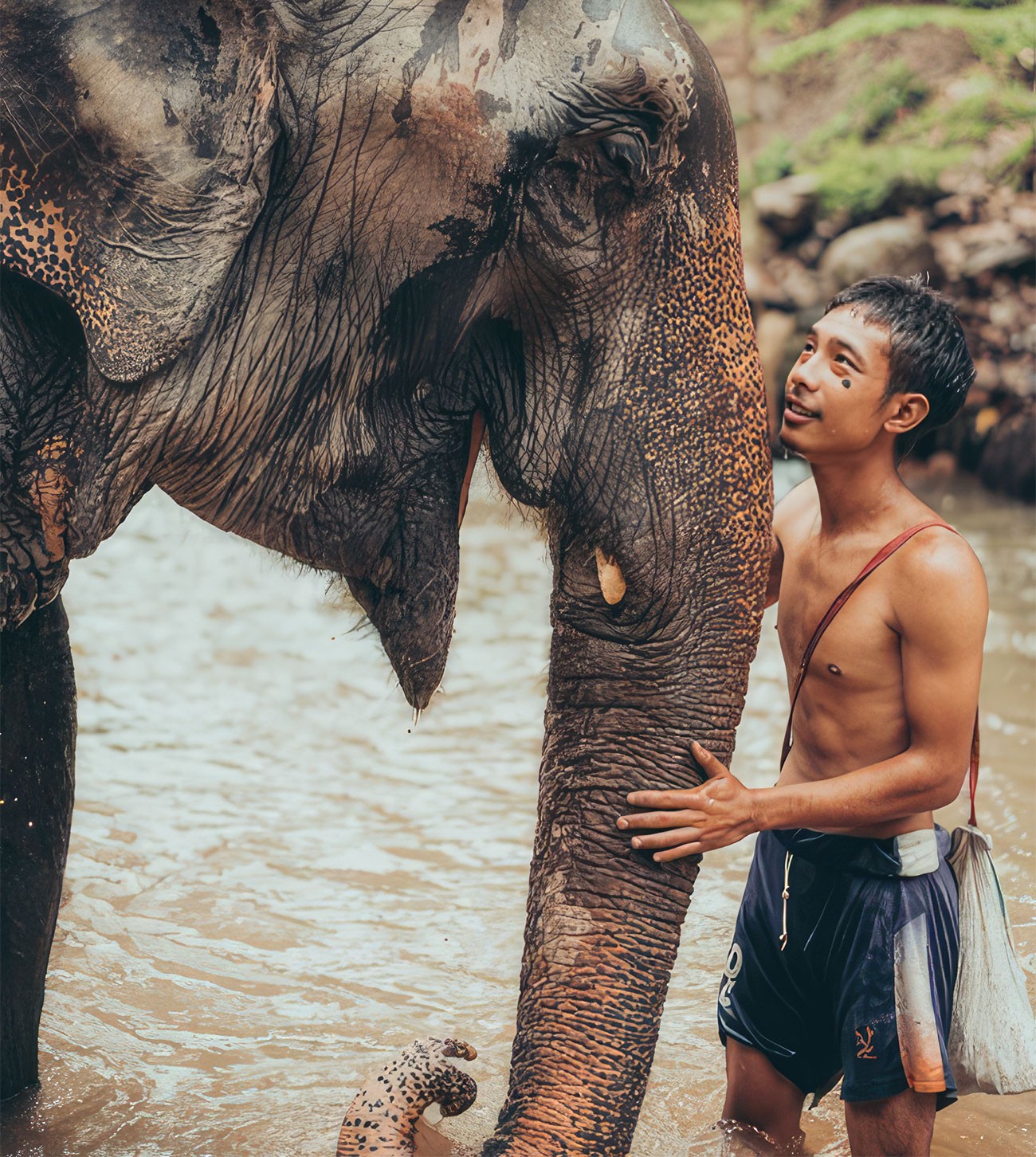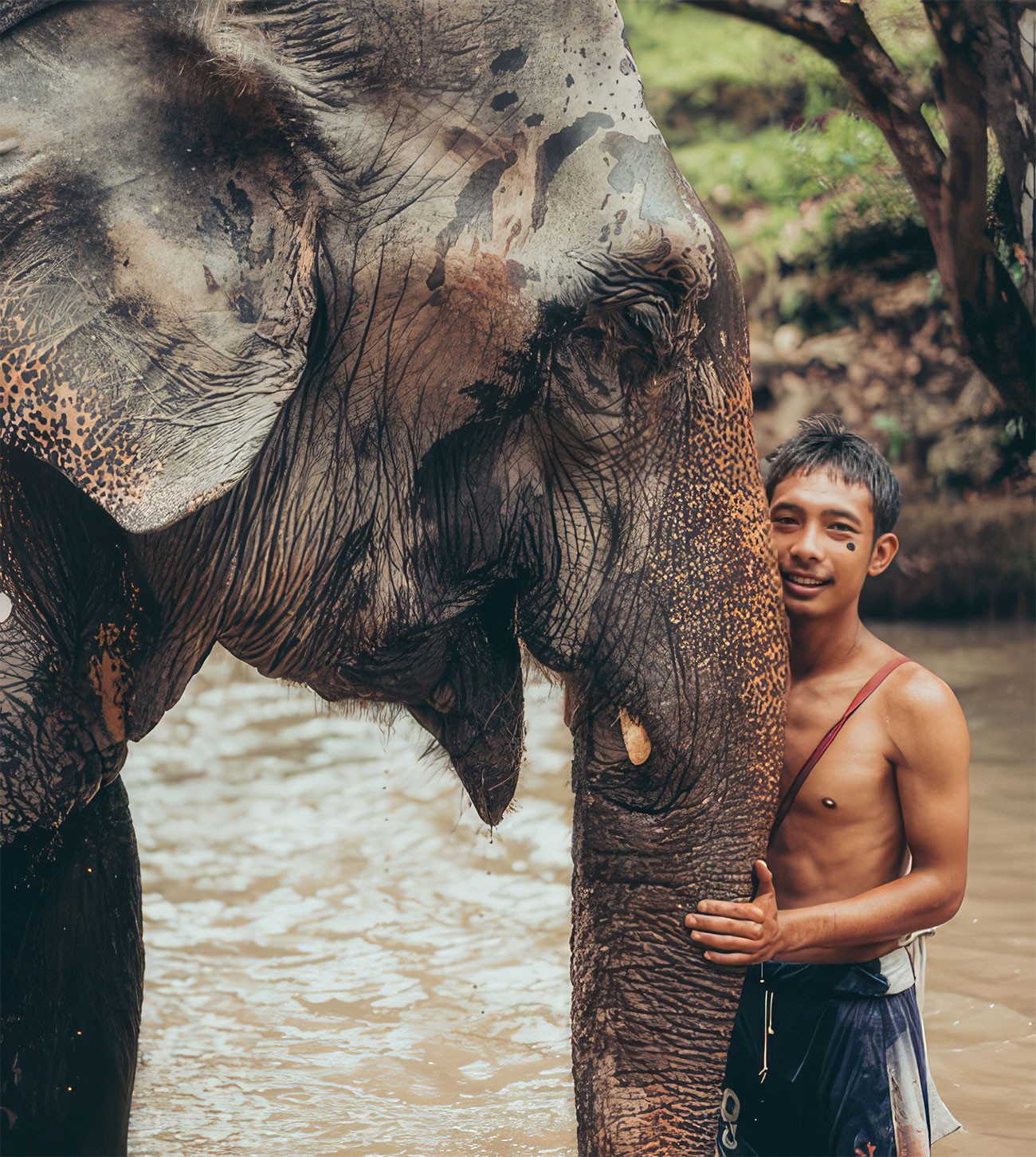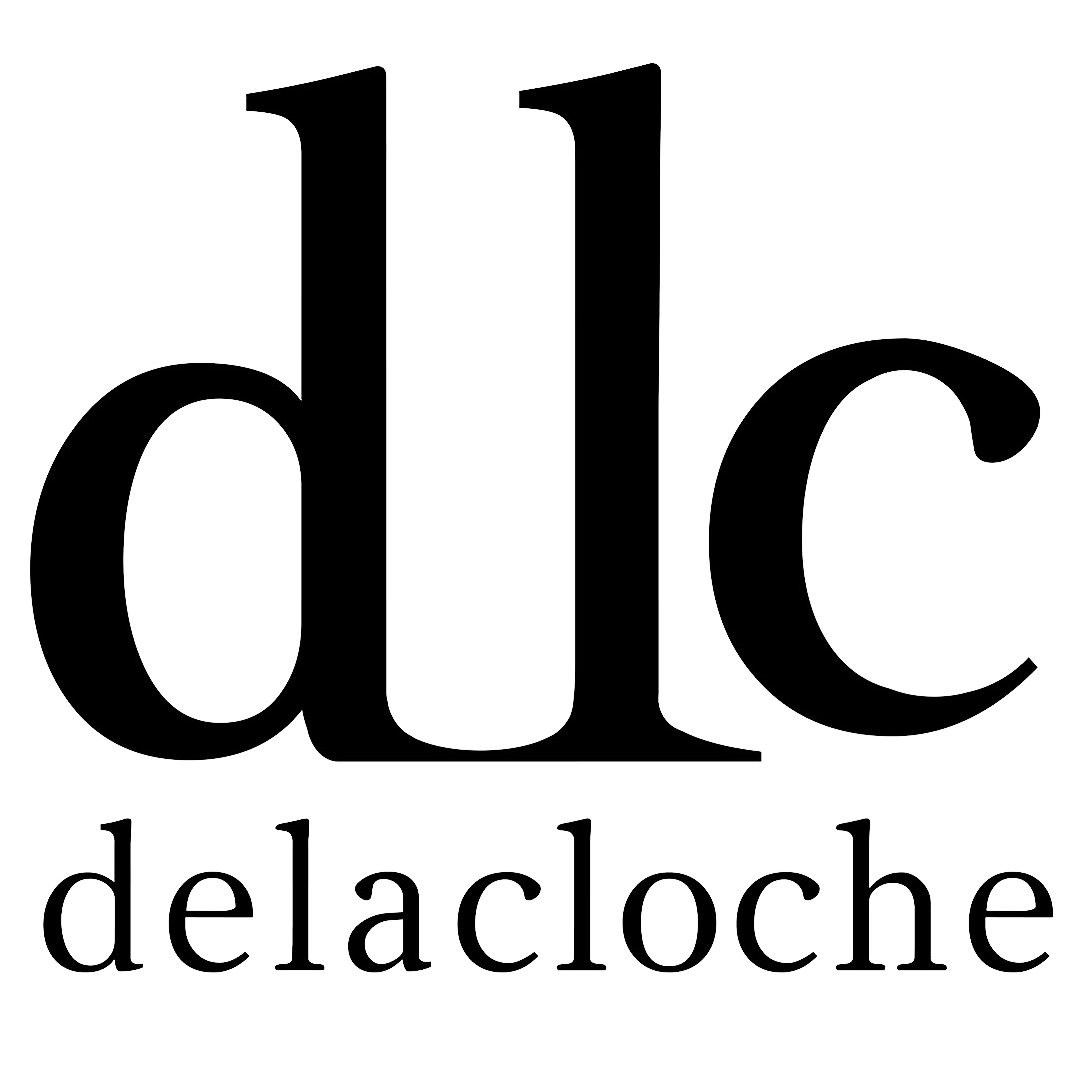Elephants in Thailand
Discover how to visit only ethical places.
PUBLISHED: AUG 14, 2023
I specialize in elephant photography. I am a professional photographer often engaged for weddings, portraits and photo tours. One of my most popular photography experiences is to take people to visit Chai Lai Orchid, an eco elephant resort.
Elephant tourism is under the spotlight and rightly so. I have read many articles about elephant tourism. Many tourists I have spoken to are somewhat ignorant of the facts to say the least. There is a lot of misinformation online. I am determined to be fully informed and up to date on the plight of these wonderful creatures.
I wouldn’t try to benefit from an animal’s maltreatment under any circumstances. Certainly not with my elephant photography. For sure the experience of elephant rides in Chiang Mai varies immensely depending on the camp. When creating my specialist elephant portraits I will only ever work with organisations that meet the right ethical standards for me to feel happy.
Facts about elephants in Thailand.
I often hear that “all elephants should be set free and live in the wild” – I totally agree that if the world was perfect that would be best, however, that is an impossible dream. In the last 70-80 years the natural habitat for elephants has disappeared, first through logging and then through agriculture, industrialisation and tourism. Now only around 15% of elephant suitable habitat remains. As a photographer in Chiang Mai, Thailand I have come into contact with many elephant tourist attractions as well as elephant foundations. Chiang Mai elephants face the same predicament as for the rest of the country.


Mahouts
The profession of Mahout is many centuries old. In the past to be a mahout was a position of honour. These days it is so often a very low paid position given to stateless refugees. They can be exploited by unscrupulous camp and sanctuary owners who feel that because their employees have no Thai papers they can pay them below minimum wage. Being a mahout is a dangerous job and one where proper training is required.
You will still see mahouts carrying bull hooks. They are actually a necessary tool, firstly to extend the mahout’s reach and secondly to regain control of an elephant should it get spooked or become enraged. In a good camp you will note that the mahouts carry the hook but they never hit or poke the elephant with force.
Please note that in facilities that say they do not use bull hooks the mahouts will almost certainly be carrying some form of nail inside their pocket. If the elephant is out of control, they will use it to protect themselves and whoever is around. An elephant out of control is a very frightening thing to witness!
It is a beautiful thing to behold when you see an experienced mahout and their elephant working together. There is mutual respect and they work as one. Maybe you will be lucky enough to see them playing together too when work is done. There is genuine love between them.
Elephant Foundation
It was a privilege to take photographs at the Friends of The Asian Elephant Foundation in Lampang. I have attended talks and meetings with some of the leading authorities on the plight of the Asian elephants.
If you come to Thailand as tourist, you will discover that amazing scenery and beautiful elephants are an incredible combination. If you have a chance to be in contact with elephants here, I recommend you visit only an ethical camp or organization.
Logging Was Banned in 1989
Since logging was outlawed in 1989 the only legal way an elephant owner can make money to support his family and his workers is through tourism.
There are approximately 3,400 elephants in captivity in the whole of Thailand with a large concentration in the North of the Kingdom. A similar amount of elephants remain in the wild and can be found in various national parks around the kingdom. The areas are not large enough to sustain all the captive elephants were they to be released. Human Elephant Conflict is a real issue.
Human Elephant Conflict
If you are a farmer the last thing you want is for wild elephants to be invading your land and decimating your crops. Without large and extremely strong walls, they are an effective way of making sure the elephants do not wonder off and cause havoc and it stops them from coming to harm. There are perhaps around 2,000 Chiang Mai elephants in camps.
A fully grown elephant eats approximately 250kg of food each and every day! That is 10% of the bodyweight so, a fully grown elephant weighs around 2,500kg. The running cost of 1 elephant including food, veterinary expenses and staff costs run to around $18,000. per year.
Elephant Foundation
It was a privilege to take photographs at the Friends of The Asian Elephant Foundation in Lampang. I have attended talks and meetings with some of the leading authorities on the plight of the Asian elephants.
If you come to Thailand as tourist, you will discover that amazing scenery and beautiful elephants are an incredible combination. If you have a chance to be in contact with elephants here, I recommend you visit only an ethical camp or organization.
Logging Was Banned in 1989
Since logging was outlawed in 1989 the only legal way an elephant owner can make money to support his family and his workers is through tourism.
There are approximately 3,400 elephants in captivity in the whole of Thailand with a large concentration in the North of the Kingdom. A similar amount of elephants remain in the wild and can be found in various national parks around the kingdom. The areas are not large enough to sustain all the captive elephants were they to be released. Human Elephant Conflict is a real issue.
Human Elephant Conflict
If you are a farmer the last thing you want is for wild elephants to be invading your land and decimating your crops. Without large and extremely strong walls, they are an effective way of making sure the elephants do not wonder off and cause havoc and it stops them from coming to harm. There are perhaps around 2,000 Chiang Mai elephants in camps.
A fully grown elephant eats approximately 250kg of food each and every day! That is 10% of the bodyweight so, a fully grown elephant weighs around 2,500kg. The running cost of 1 elephant including food, veterinary expenses and staff costs run to around $18,000. per year.




